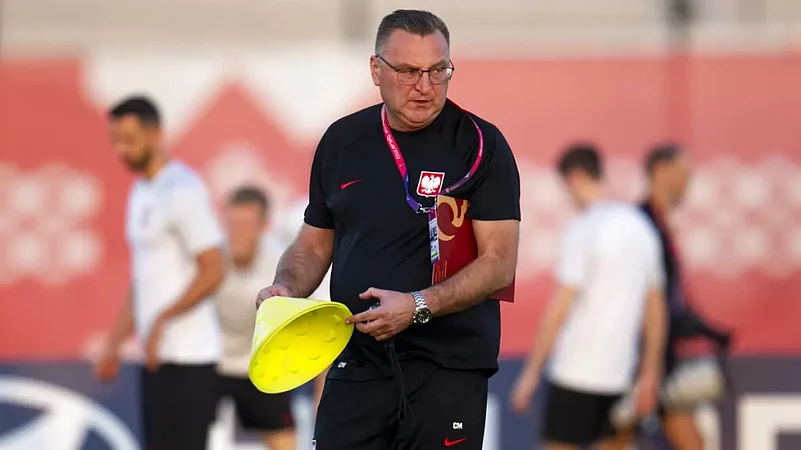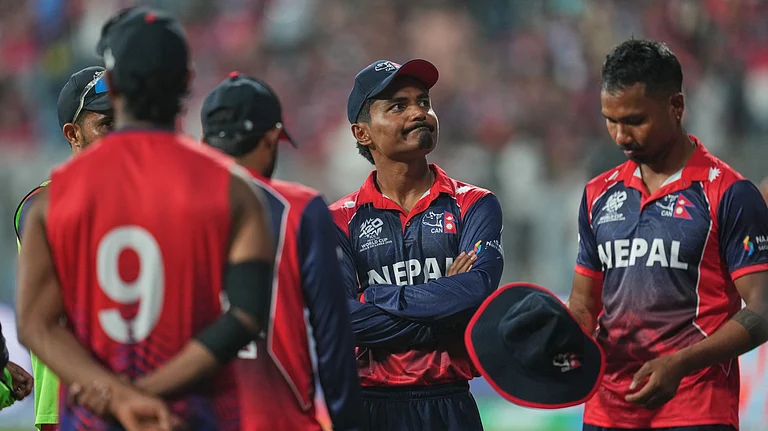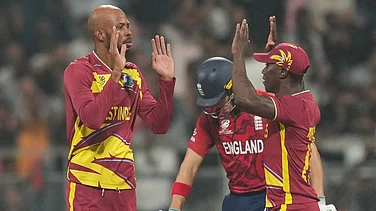The high drama of split-screen tension during simultaneous matches in the final set of World Cup group games is now a thing of the past. The next tournament in 2026 will feature 48 teams — 16 more than this year in Qatar — and use a different format that will do away with group rivals playing at the same time with advancement and elimination swinging on late goals. (More Football News)
Poland coach Czeslaw Michniewicz, who led his team into the round of 16, isn’t a fan of the upcoming changes, even though it will give his country more chances to succeed at soccer’s biggest tournament.
FIFA, the sport’s governing body, is scrapping arguably the perfect tournament structure, one that has been reliably excellent since 1998. Eight groups of four teams produce a 16-nation knockout round.
The next tournament, which will be hosted by North American neighbors the United States, Canada and Mexico, is expected to have 16 groups of three teams with 32 advancing to the first knockout round.
“I think sometimes this can spoil the show,” Michniewicz said through a translator, one day before his team faces defending World Cup champion France in the round of 16. “Sometimes less means more and the more teams there are, the easier it will be to go through. Will this be attractive for the fans?”
Michniewicz’s team was one of several involved in late drama over the last few days in Qatar. Poland lost to Argentina and could have been eliminated if Saudi Arabia had given up a last-gasp goal to Mexico in the other group match being played at the same time.
In another group, South Korea’s players huddled in a circle on the field after their match against Portugal hoping that Uruguay didn’t score in stoppage time against Ghana. A wild final 20 minutes in Group E saw Costa Rica rise and fall in the real-time standings until Germany’s late flurry of goals, while Spain went from elimination to survival despite being beaten by Japan in the same group.
In 2017, the FIFA Council decided on a format for the 48-team World Cup with 16 groups of three teams playing each other once. The top two finishers in the three-team standings will advance to a round of 32.
The expansion was agreed on despite FIFA’s own study concluding the 32-team format delivers the highest quality tournament.
“I would prefer to have fewer teams. It will be more difficult to qualify but it will be easier for the fans,” Michniewicz said. “We see that today there are a great many matches and if you want to see all of them it’s a huge problem.”
The new format will add 16 games to the schedule, making it an 80-game tournament in 2026, but it is still expected to fit in the usual 32-day time period.
“And now there are going to be even more matches,” the Poland coach said. “How long will the tournament last — one and half months?”
FIFA officials have this year floated the idea there could be a late format change to 12 four-team groups. That would distort the current clear path of two teams advancing from each group to the knockout round.
There are barriers to amending the 16-group format, however. For instance, the 16 North American host cities are preparing for an 80-game tournament, and European clubs would likely oppose any format keeping its players for longer and playing a maximum of eight games instead of seven.
The first 32-team, 64-game World Cup tournament was played in 1998. And Poland has reached the knockout round for the first time since the change after qualifying for four of the seven editions.
It should be easier for a team like Poland to qualify in 2026 when Europe’s quota is increased to 16 slots from the current 13.
However, the continent’s share of entries falls as FIFA president Gianni Infantino tries to help other regions close the gap on the historic World Cup dominance of Europe and South America. Only their teams have played in the final game at the 21 World Cups since the first in 1930.
Asia and Africa will each get four more guaranteed places at a 48-team World Cup.
“Football is also business and I realize that,” Michniewicz said, adding that “48 national teams means more interest all around the world.”





















